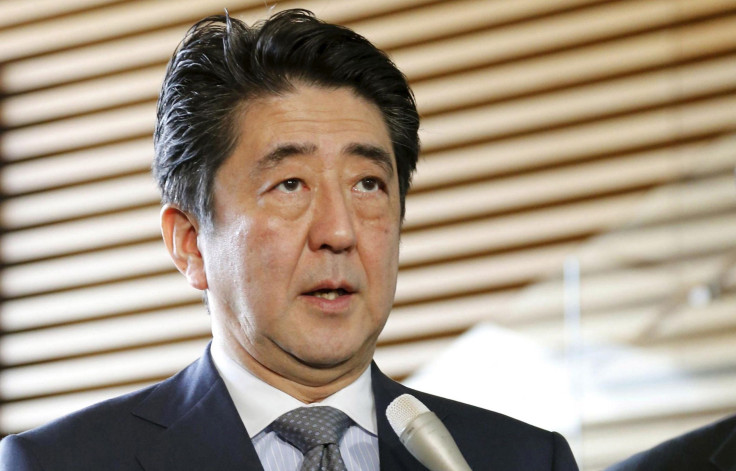US, Japan 'Close' On Pacific Trade Agreement Before Planned Summit; Deal Could Facilitate Broader Trans-Pacific Partnership

The United States and Japan are close to reaching terms on a bilateral Pacific trade agreement, Japan’s Prime Minister Shinzo Abe told the Wall Street Journal on Monday. Top-level negotiations continue this week ahead of a planned summit between Abe and U.S. lawmakers in Washington on April 28, with cooperation between the two nations considered crucial to the potential enactment of a long-delayed, broader trade agreement known as the Trans-Pacific Partnership (TPP).
Representatives of the U.S. and Japanese governments met throughout Sunday and Monday to discuss the remaining divisive issues. President Barack Obama’s administration has called on Japan to expand agricultural imports, including a twofold increase in rice shipments. Meanwhile, Japan seeks increased access to America’s auto market and has asked Washington to remove a 2.5 percent tariff related to automotive imports.
“We think that an agreement between Japan and the U.S. is close, but we’re hoping that even more progress will be made,” Abe told the Journal on Monday. The prime minister said he hopes to make clear at the summit that the deal would be “extremely beneficial for both countries.”
Japan has resisted the U.S. request to increase agricultural imports because of concerns about the sustainability of its shrinking domestic agricultural industry. The Japan Agricultural Ministry said the country’s rice consumption has dropped 10 percent in the last decade and will continue to fall, Bloomberg reported.
Abe’s trip to Washington will occur April 28-May 3. During the visit he is scheduled to address both houses of the U.S. Congress on both the TPP negotiations as well as the potential for increased cooperation on regional security between both countries.
The U.S. and Japan would possess the two strongest economies in a proposed 12-nation Pacific free trade agreement, Reuters reported. Diplomats had expressed doubts that the two nations would reach a pact ahead of the planned summit. Any deal would likely face a measure of opposition in the U.S. Congress, where some lawmakers have expressed concerns about how such an agreement would affect the U.S. economy. Negotiations on the TPP began more than a decade ago, with the U.S. and Japan entering the talks in 2009 and 2013, respectively.
© Copyright IBTimes 2024. All rights reserved.












